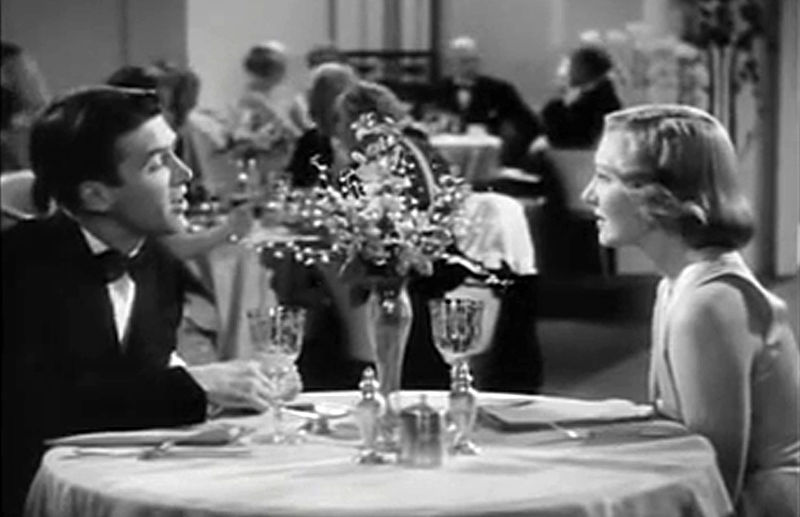
Who should pay for what on a first date?
As a woman, and a feminist, I’ve had conversations with straight men who believe that if the women they date truly want equality, they should definitely pay for their own gin and tonic. People seem to be much more worried about who takes care of the check at the end of the night than where to go on the date, what to talk about, or how to organize a second outing.
A few years ago, it was reported that one man stole his date’s phone when she refused to pay her share. Blogger Lauren Crouch wrote about how her Tinder date asked her to return the $4 he spent on her coffee after she decided not to go back to his house.
I appreciate that many people in their twenties and thirties don’t have a large amount of disposable income. If you’re single and going on several dates each week, you might not be able to afford to effectively buy a round of drinks for strangers you might never see again.
That said, I’ve been on first dates with men who suggest meeting at the local Restaurant du Posh, order the biggest lobster on the menu and then look at me expectantly when the bill arrives, suggesting I throw in an extra fiver because I ate more of the shared pudding than they did. Not only has this put me off going on a second date; it makes me think that no-one should plan a first meeting in a venue more extravagant than their local Wetherspoons.

Maybe going 50/50 isn't that fair after all...
Here's one way of thinking about it: A women’s rights campaign group, The Fawcett Society, estimates that men in full time work make 13.9% more than women. This gap widens for part time work and especially if she has kids – for the first 12 years after a child is born, a woman can expect to earn an average of 33% less than her male counterpart.
So if you’re a man, about to go on a first date with a woman, and you believe that the bill should be split for the sake of equality, it’s worth remembering that a 50% split would be unfair, no matter who had the pudding. Depending on your date’s age and situation, perhaps you should be paying at least 13.9% more than her.
...especially not when you think about the hidden costs

Then there’s the cost of getting ready for the date. You could argue that personal grooming is up to the individual, and there’s no need to buy a new outfit or visit a hair salon. But men and women are subjected to different beauty standards, and while the male grooming industry is growing, women have been bombarded with messages about how to maintain their personal appearance since birth.
Jordan Barnes told Racked that she spends an average of $150 on beauty treatments before a date, just to feel “less gross.” Women are under more pressure than men to look a certain way in order to be ‘date ready’, and even if that pressure isn’t coming from their dates, it’s coming from society itself.
Then, there’s the issue of childcare. In the UK in 2012, just 13.5% of single parent households were led by fathers - so if a single mother goes on a date, it’s likely that she’ll be responsible for organising and paying for a babysitter. There’s also research that shows women are less likely to work when they’ve had children because their wages are swallowed up by childcare costs. If you’re on a date with a mother to young children, there’s a chance that she will have significantly less cash.
A halved bill for dinner and drinks might not seem that significant to a child-free man in full time work with lots of money to burn. But take gender and income inequality into consideration and it’s likely that a woman will have fronted more money before she's even got to the restaurant. Insisting on an equal split might seem like a feminist act, but if you can recognize why that isn’t really fair, then maybe you’re recognizing that we've still got a long way to come before women are on an even footing.
It's not all about the money anyway
I hope that we’re working towards a world where the 'who pays' question can be taken seriously, because men and women have reached true financial equality.
But, until then, I think the way to anyone’s heart is to be as generous as you can afford to be. That said, money is thought to be one of the greatest sources of tension in most relationships, so a frank discussion about it on a first date will ensure you both know exactly where you stand on the issue in the future.
Dates don’t need to be extravagant in order to be impressive. I’d always be more enthusiastic about a walk in the park or a trip to a museum than a bill for half a lobster I didn’t eat. However, if the issue of the bill is more important to you than the date itself, I’d argue that you’re not really seriously looking for romance.
Ultimately, the ‘who pays’ thing only applies to a world where everyone fits into our male/female nuclear-family-obsessed understanding of love – it's a ‘heteronormative’ question. Last year, a gay Reddit user asked about accepted etiquette for men dating men, explaining “growing up, I got all the straight dating etiquette (buy flowers/gifts, open doors, open their car door, pull out chairs, paying for the girl, etc.) But the issue is that a lot of that is heavily gender based and based in old school chivalry.” One commenter posted that he always paid for the date if he’d been the one to organize it, which, in a perfect world, would be a perfect rule of thumb.
Writer and editor Chris Mandle told me “[as a gay man], It’s easy and straightforward to hook up with someone through apps like Grindr and Scruff. so when it comes to romance and dating a lot of my friends and I take this kind of thing more seriously. That means less power-plays, less feeling like you owe someone something just because they drip-fed you a bottle of merlot over the course of an evening.” Chris’s words show that when gender differences stop being an issue, expectations level out and it’s easier to focus on romance and generosity.
And, if the issue of the bill is more important to you than the date itself, you’re probably not really looking for love.



